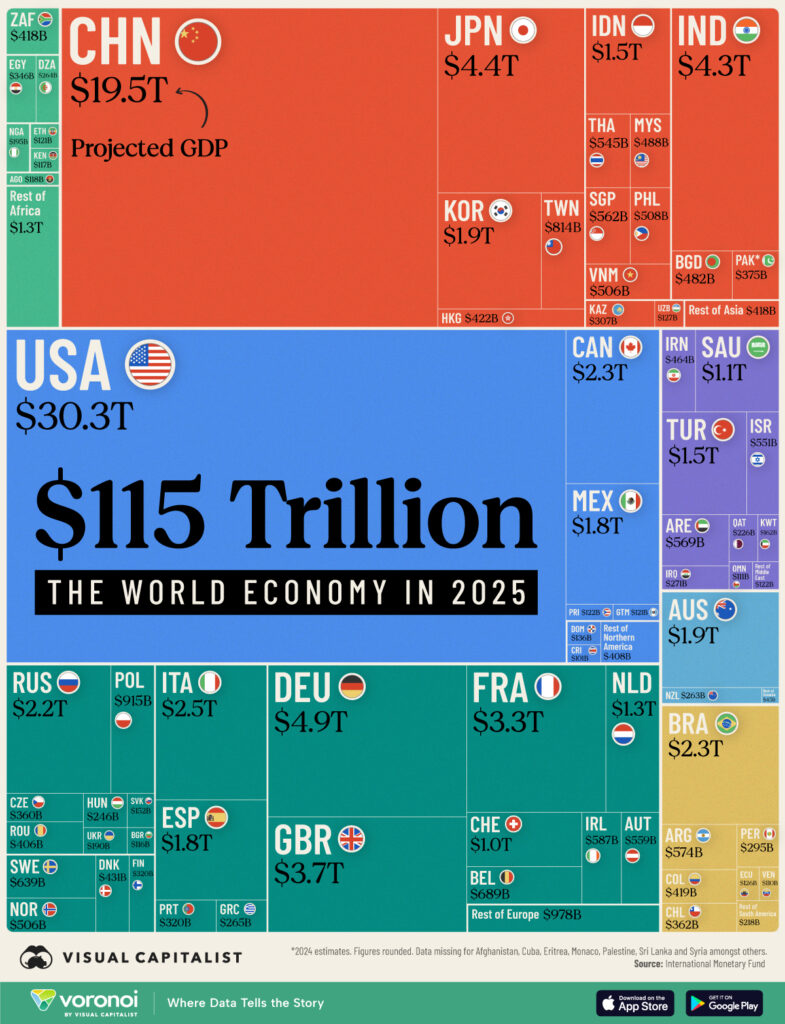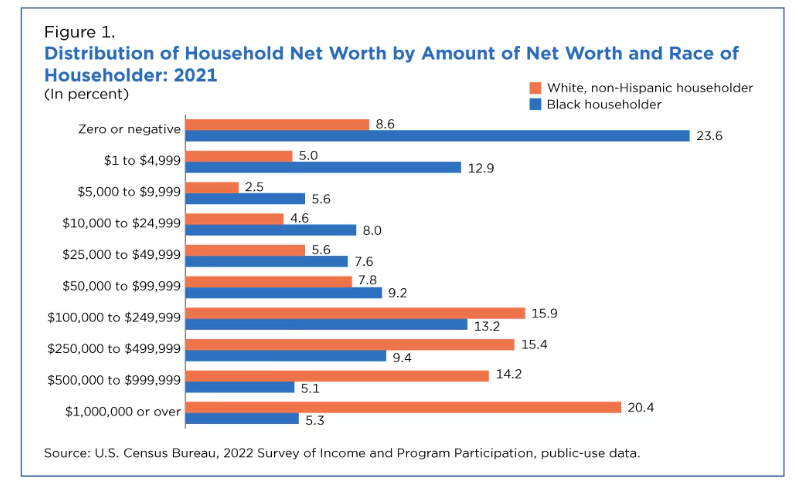
Flu·id·i·ty 7-8th April 2025 at Al Habtoor City, Dubai
Join leaders worldwide at Fluidity 2025, a two-day event focused on Amplifying Trade Flow between the Gulf Cooperation Council (GCC) and Africa [click here] for more information
—————————————-
This post is a bit negative/morbid, so please, if you are easily offended, feel free to stop reading now.
I am 44. I turn 45 at the end of 2025. Thankfully, I have experienced generational success, so unless my children choose otherwise, they will, for all intents and purposes, remain comfortably in the top 1%. For that, I have truly had a fantastic run in life. Twenty years ago, I was just completing my degree in Chemistry from the University of Manchester. So, for all intents and purposes, this very much feels like midlife for me. Yes, I know that 83 or so is the life expectancy for most Western-raised individuals. However, when I consider my peers’ parents, a significant portion aged 65-85 are managing their gradual and then accelerating decline due to various health issues. When health is the obstacle, you are rarely productive, even assuming only marginal cognitive decline.
Community Organization
Human progress is directly proportional to an elite (top 5%) community’s ability to organize, solve problems, and align productivity and trade to improve the lives of the community. Asia was as poor as Africa at independence. In the ’60s and ’70s, Asia was plagued by brutal civil wars (Vietnam War (1955-75), Malaysia expelling Singapore (1965), Korean War (1950-53), Chinese Civil War (1927-50) creating what is today known as Taiwan, etc.) as they experimented with different approaches to organizing themselves (capitalism vs. socialism vs. communism, etc.). As difficult as things were, in the end, they were able to align and find trade models that lifted their communities out of generational poverty and created opportunities beyond their countrymen’s wildest dreams. Globalization contributed to that. The vast majority of the world saw significant dividends from that new economic framework. In contrast, our leaders failed us in Africa. Africa is 18.2% of the global population forecasted to rise to 25% by 2050. Today we represent <2% of the $115 Trillion global GDP.

African communities in Africa have largely failed to organize. We have decided to suspend economic and trade knowledge going back centuries, resulting in the destruction of our communities through weak, ineffectual, or downright odd trade policies, all of which have thrown any real advances into reverse.
African communities in the diaspora have not fared much better. Below is the home ownership data released by UK GOV:
- 63% of households in England owned their own homes in the 2 years from 2016 to 2018
- 68% of White British households owned their own homes, compared with 74% of Indian households
- Households in the Black African (20%) and Arab (17%) ethnic groups had the lowest rates of home ownership.

Sure, it’s gradually improving. Unfortunately, the massive capital gains increase enjoyed by those who bought 20 to 30 years ago is over. The days when house prices generated triple-digit gains are all but over. Between Brexit and taxes, those days are finished. Buying from 2020 onward is essentially at the top of the market. FYI, in the US, it’s not that much better. Data provided by Census GOV

Anti DEI
So clearly, Africans or brown folks didn’t really win anywhere in the world. It’s amusing (more so than scary) to see EVERYTHING in the Western world being blamed on brown people. Mrs. Njoku always says we are treated this way because our local economies of origin are not strong. There are things they can do to Nigerians or Kenyans, etc., that would make them pause and think about when it comes to Saudi Arabia, the UAE, Vietnamese, or Japanese. They respect their home countries and see them as serious trading partners. African countries? Not so much. In the end, we have been at their behest as the major recipients of aid and have shown a clear inability to forge our own organizational, trading, or cultural pathways. That’s on our parents. Circling back, I am 45 this year; my mum defers to me. Almost all of my peers between 45 and 55 are the leaders of their families. Their parents (if they are still alive) defer to them. My mum is 77; almost every month, a friend or someone I know is burying their parent or managing a significant life-altering health crisis. My mum is 77; almost every month, she tells me this person or that person has passed away. I can’t imagine how scary it would be to reach an age where EVERYONE around you whom you have known most of your life passes on. In 20+ years, that will be my peers and me. We are all powerful now, but by then, at 65-75, we will be old, frail, and deferring to our children. What I ask myself is, what world will we be leaving to them? Anyone 45+ had parents who were born into colonialism (Africa). Things we take for granted (like primary health care and education) were literally not available in our parents’ time. So though I despise their mistakes and the self-inflicted errors they have forced on us, I somewhat understand. Did they really know better? The current leaders in the 45-55 range should know better, but they have still been unable to organize themselves. So, at least for the next 20 years, I will be organizing and empowering communities wherever I find myself. I am fortunate that my 15-year-old self could not have imagined the life I have lived and/or am living now. It’s literally beyond my wildest dreams. Disneyland levels. So generating income is less of an immediate concern for me. For me, 2025 and beyond will be about evangelizing real education, economic, and cultural reform. Because at least for my peers, our clock is ticking. By 2050, our moment will have passed, and our clans will inherit the leadership. What we do during this current period leading up to 2050 will determine the next 100 years for Africans and blacks around the world. 2025 has started ugly. It doesn’t have to end that way. We MUST organize.

